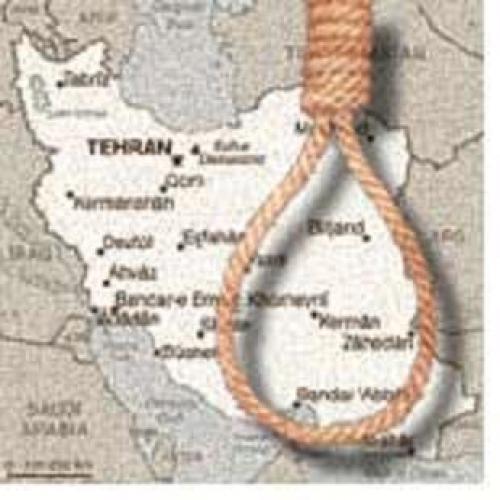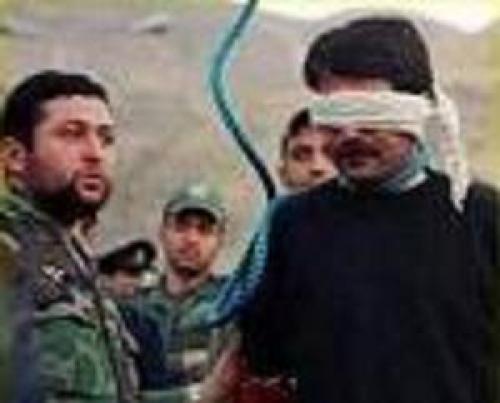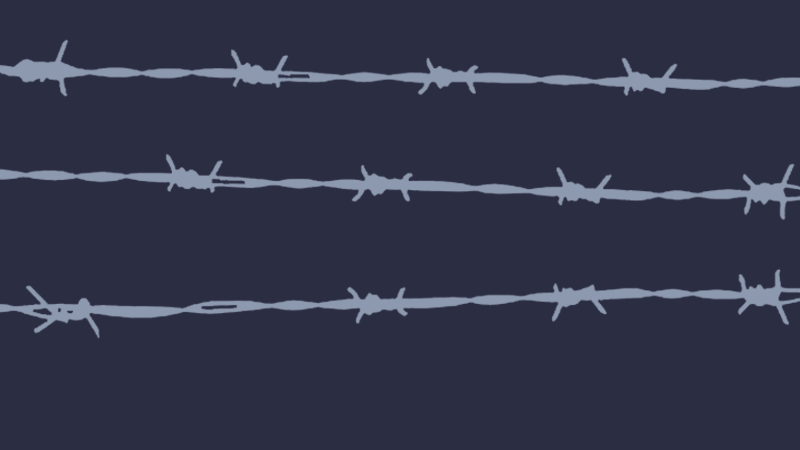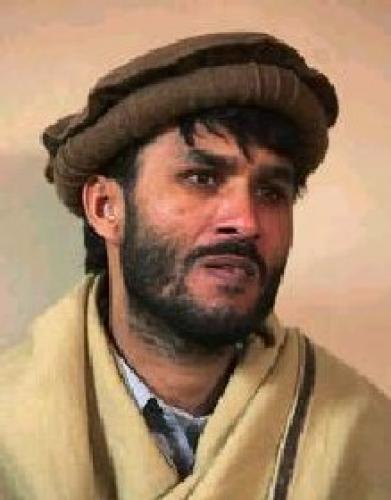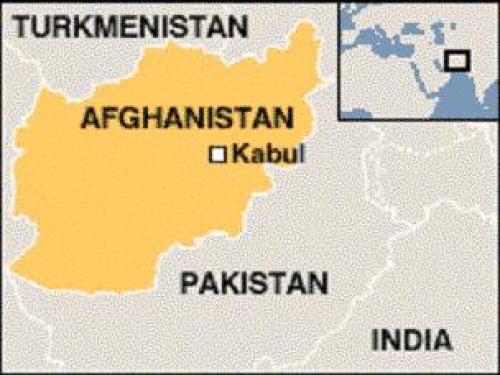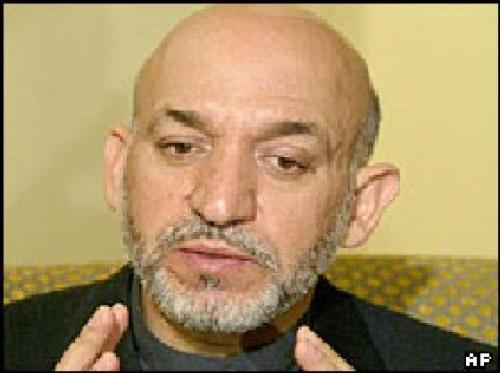government: Transitional
state of civil and political rights: Partly free
constitution: none
legal system: a new legal system has not been adopted but all factions tacitly agree they will follow Shari'a (Islamic law)
legislative system: unicameral parliament instituted in January 1993 has not functioned since June of that year
judicial system: non-functioning as of March 1995, although there are local Shari'a courts throughout the country
religion: 75% Sunni; 24% Shia
death row: at least 25 (March 2, 2006)
year of last executions: 0-0-0
death sentences: 2
executions: 15
international treaties on human rights and the death penalty:International Covenant on Civil and Political Rights
Convention on the Rights of the Child
Convention Against Torture and Other Cruel, Inhuman or Degrading Treatment or Punishment
Statute of the International Criminal Court (which excludes the death penalty)
situation:
The 2004 Afghan Constitution, in article 23 asserts the right to life, envisaging at the same time the possibility of its deprivation by the provision of law. However, in accordance with Article 396 of Afghanistan's Constitution, a convict sentenced to death can appeal to two higher courts and article 129 of the Constitution establishes that “... All final decisions of the courts shall be enforced, except for capital punishment, which shall require presidential approval.”
The 1976 Penal Code, still in force nowadays, identifies the crimes subject to capital punishment in numerous articles, which refer to two main categories: crimes against the security of the State and crimes against individuals, namely certain types of aggravated murder.
Other provisions of aggravated murder have been included in recent legislation, such as: the Anti Narcotic and Drug Law issued in November 2003, which provides for the death sentence in the case where a drug smuggler, while resisting arrest, kills a law enforcement officer; and the presidential decree of July 3, 2004 that foresees the death penalty for those convicted of child kidnapping and smuggling aimed at using the victim's body parts whenever a death is caused as consequence.
Crimes punishable by death are also listed in the Law on Crimes against Internal and External Security of 1987, and in the Military Law of 1989, both of soviet inspiration and still in force. Such crimes are mostly related to the security of the State, especially in time of war. The crimes identified by these laws are processed respectively by the National Security Court and by the Military Court.
However, the newly adopted Juvenile Code, that defined as juvenile “a person who has completed the age of 12 and has not completed the age of 18”, clearly states, under article 39, paragraph c, that children cannot be convicted to death penalty.
On October 9, 2004 Afghans voted for a president in the country’s first democratic election. Hamid Karzai, at the helm of the country since 2001, defeated 17 other candidates in an election said by observers to be largely fair. His government replaced an interim administration in place since December 22, 2001. This administration was formed at UN-brokered peace talks at which Afghan factions came to a power-sharing agreement. This followed the ousting of the Taliban administration in November 2001 after weeks of US-led aerial bombardment and attacks on the ground by opposition forces. The military action ensued in response to the September 11, 2001 terrorist attacks on New York and Washington and the Taliban refusal to hand over the suspected instigator Osama Bin Laden.
On January 4, 2004, after three weeks of ferocious debate, the 502 members of the Loya Jirga – or grand council - adopted a new constitution. The 160 articles make no explicit reference to Sharia law, but the constitution declares Afghanistan to be an ‘Islamic republic’ and states that ‘no law shall be contrary to the beliefs and provisions of the sacred religion of Islam.’ – and the Islamic provisions do foresee capital punishment, namely for crimes against Islam (armed robbery, adultery, and apostasy or blasphemy), and for crimes against the person (murder). However, another constitutional provision, article 27, requires the existence of an approved law for the qualification and punishment of a crime, and it may be argued that the Islamic provisions on death penalty are not approved laws.
In fact, since the end of the Taliban regime, in Afghanistan no judicial death sentences have been issued for crimes, such as adultery and apostasy, which are foreseen by Islamic principles and have no correspondence in positive laws.
Despite the ousting of the Taliban, the influence of religious conservatives over the judicial system is still very strong. The infamous "Ministry for the Promotion of Virtue and Prevention of Vice", the Taliban's ruthless religious enforcement agency, has not been abolished, although it has lost its ministerial status and is now known as the Department of Islamic Instruction.
There are no official data about the executions carried out during the period of the Taleban, but in 2001 alone at least 68 individuals, including at least 2 women are believed to have been executed.
Since the fall of that regime, in 2001, several capital sentences have been issued, but there is no precise number and reports vary from 11, made public through the media, to 38, submitted to the presidential approval in July 2005.
In 2002, for the first time in decades, no executions were carried out and just one death sentence was issued. In 2003, for the second year running, there were no executions.
Afghanistan carried out its first execution since the fall of the Taliban on April 20, 2004, shooting dead Abdullah Shah, a former military commander convicted of more than 20 murders.
No executions took place in Afghanistan in 2005. However, according to press reports, at least 21 people were sentenced to death. On April 21, 2005, a woman was stoned in Afghanistan in an extra-judicial execution at the instigation of her own husband and following a decision by a local mullah.


